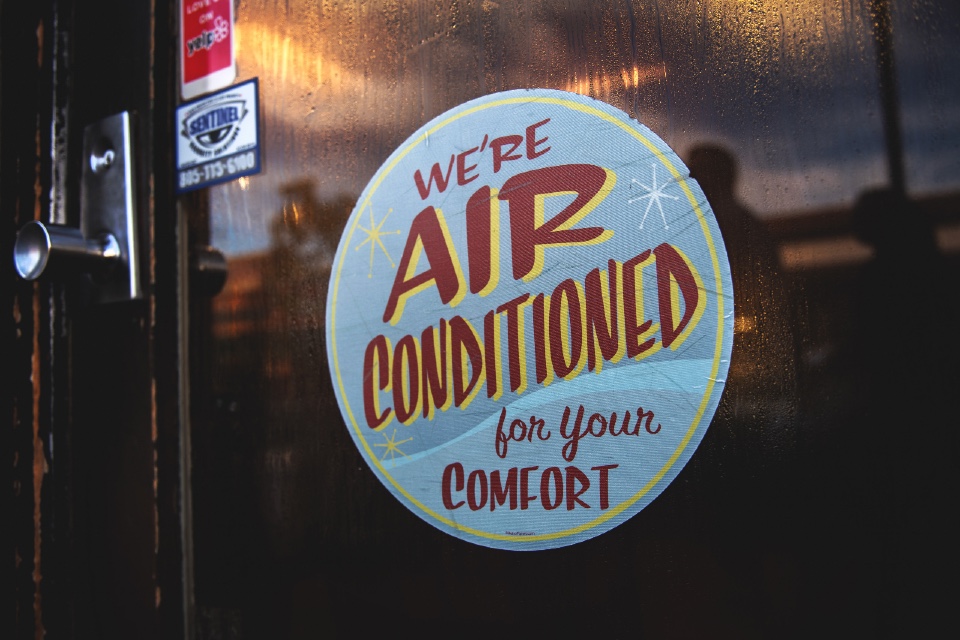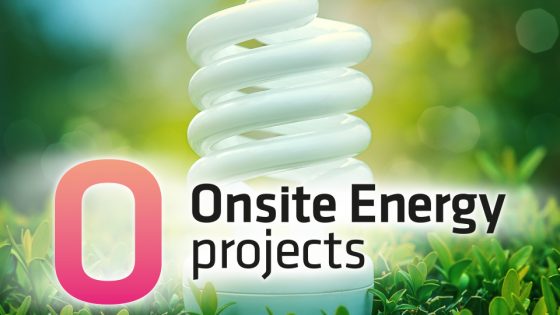Commercial energy managers face the critical task of balancing operational efficiency with sustainability, especially in the realm of Heating, Ventilation, and Air Conditioning (HVAC) systems. A sustainable HVAC strategy is paramount not just for reducing carbon footprints but also for ensuring economic efficiency and regulatory compliance. Here, we outline the key considerations for UK Energy Managers in developing such strategies…
1. Energy Efficiency and Environmental Impact
The cornerstone of a sustainable HVAC strategy is energy efficiency. Energy managers must prioritise systems that minimise energy consumption while maintaining optimal performance. This includes evaluating the Seasonal Energy Efficiency Ratio (SEER) of HVAC units and opting for models with higher ratings. Additionally, the environmental impact of HVAC systems, particularly in terms of refrigerants used and their Global Warming Potential (GWP), is a critical consideration. The shift towards low-GWP refrigerants is not only a sustainability practice but also aligns with regulations such as the EU’s F-Gas Regulation.
2. Integrating Renewable Energy Sources
Incorporating renewable energy sources like solar power or geothermal energy into HVAC systems can significantly enhance sustainability. Solar-assisted heat pumps, for instance, reduce reliance on conventional electricity, leveraging natural resources to cool and heat buildings. For energy managers, this means exploring opportunities for renewable integration and assessing the feasibility and cost implications of such installations.
3. Advanced Control Systems and Automation
Modern HVAC systems equipped with smart controls and automation can lead to significant energy savings. Automated systems can adjust temperatures based on occupancy, time of day, and external weather conditions, thereby optimising energy usage. Integrating these systems with Building Management Systems (BMS) allows for real-time monitoring and adjustments, providing energy managers with greater control and insight into energy consumption patterns.
4. Regular Maintenance and Upgrades
Proper maintenance of HVAC systems is vital for sustained efficiency. Energy managers must ensure regular servicing to prevent inefficiencies and identify areas for upgrades. This includes routine checks for leaks, duct cleaning, filter replacements, and system calibration. Upgrading older systems to more energy-efficient models can also yield long-term cost savings and environmental benefits.
5. Staff Training and Engagement
A successful HVAC strategy involves not just technological solutions but also human factors. Training staff on energy conservation practices and encouraging responsible use of HVAC systems can contribute significantly to sustainability goals. This involves educating employees on the impact of their actions, such as adjusting thermostats or opening windows, and fostering a culture of energy consciousness.
6. Compliance with Regulations and Standards
Adhering to national and international standards and regulations is crucial. In the UK, this means compliance with the Building Regulations, specifically Part L, which deals with the conservation of fuel and power. Energy managers must stay abreast of legislative changes and ensure that HVAC systems meet or exceed these standards.
Developing a sustainable HVAC strategy in the UK commercial sector requires a multifaceted approach. Energy managers must navigate a landscape of technological advancements, regulatory requirements, and environmental considerations. By focusing on energy-efficient technologies, renewable integration, smart systems, regular maintenance, staff engagement, and compliance, they can devise strategies that not only reduce environmental impact but also offer economic and regulatory benefits. As the emphasis on sustainability continues to grow, these strategies will become increasingly integral to the operational success and environmental stewardship of UK businesses.
Are you looking for HVAC solutions for your business? The Energy Management Summit can help!
Photo by Tim Mossholder on Unsplash






